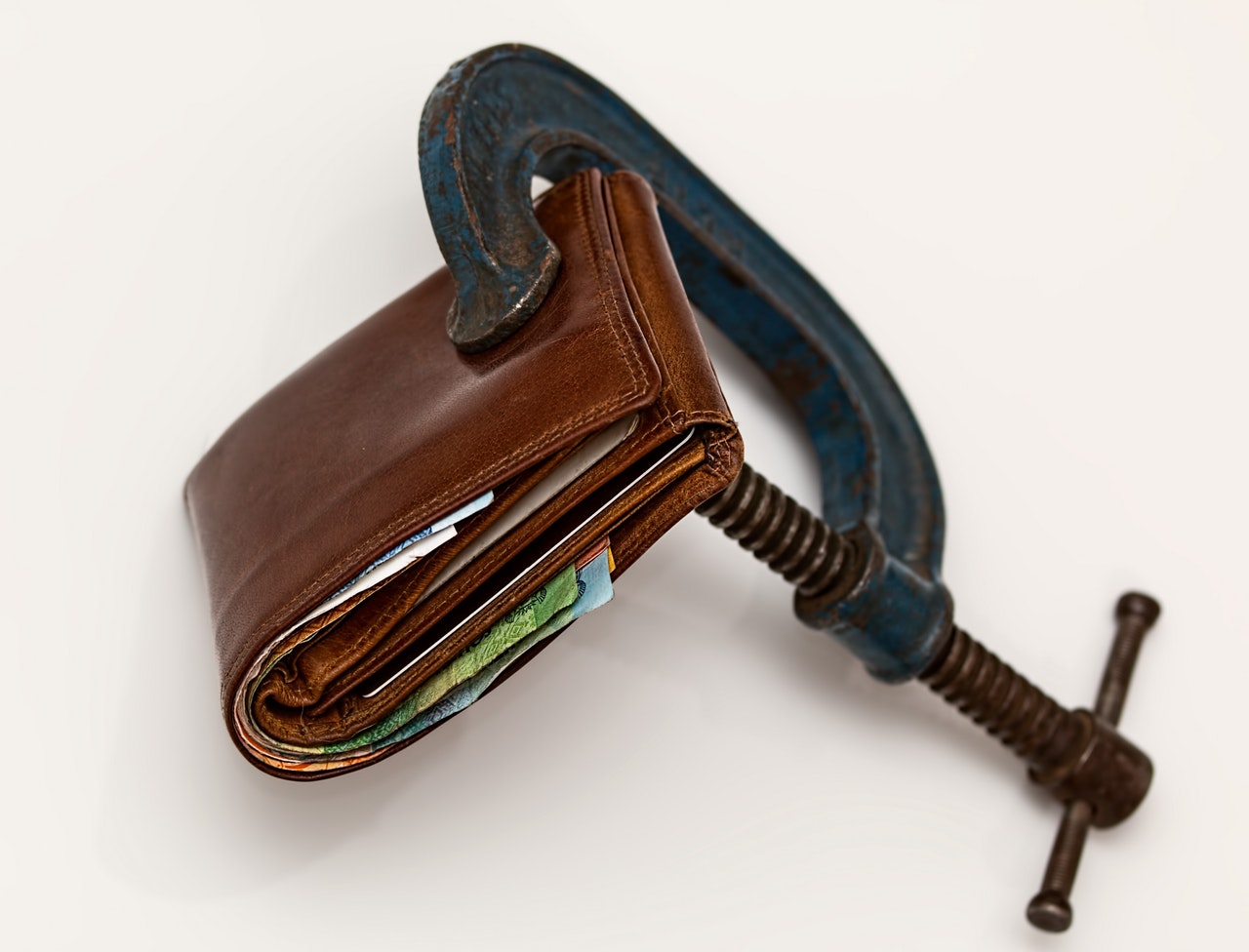Knowing Your Rights When Dealing With Major Debt
The majority of us have debt of some sort or another. Whether this is due to taking out a student loan to fund our education, taking out a mortgage, taking out a finance plan to secure ourselves a new or trustworthy vehicle, or taking out loans and using credit cards. Having debt can be a normal part of your life and doesn’t necessarily have to be a source of stress, distress, and inconvenience. That is – if you have only taken out agreements or money that you can afford to pay back as and when expected. When people start facing difficulty is when they generate more debt than they can realistically afford to pay back. This can see you struggling to meet payment dates, missing or making late payments, accruing fees and fines, seeing your credit score drop, and generally making a mess of your finances.
When you are experiencing major debt, you become a relatively vulnerable individual. But it is extremely important that you know your rights when you are in this position to avoid letting others take advantage of you or act inappropriately. You really don’t deserve to be kicked while you are already down!
Here are just a few pieces of information that can help you to protect yourself until you are back on your feet!

Debt Collection
If you have taken out secured loans, you will have agreed to put some sort of personal belonging or asset up against alone. Essentially, you may have signed an agreement saying that the lender can repossess your goods (usually your home itself, a vehicle, items of value within your home, or something else of value) if you fail to keep up with payments. Generally speaking, bailiffs or debt collectors will be sent to carry this work out.
Can You Avoid This?
At the end of the day, if you have signed an agreement and continue to fail to make payments, you will eventually lose these agreed things and won’t be able to do much about it. However, usually you will receive plenty of warning letters in advance of bailiffs or debt collectors or “enforcement agents” arriving at your door. You may be able to come to some form of agreement with your lender if you get in touch and explain your situation.
Do These People Have to Follow Rules?
These individuals do have to follow rules when it comes to visiting you at your property. They will have to prove that they can legally enter your property and that they are licenced to enter your property – you can check out this licensing map for help with this. While they can enter through any open door, they cannot enter your property if you are not home or if you do not open the door to them.
What If I Have Special Circumstances?
Debt collectors, bailiffs, and enforcement agents may have to follow extra rules if you:
- Are Disabled or seriously ill
- Have Mental Health Problems
- Have Children
- Are Pregnant
- Are Under 18 or over 65
- Don’t Understand Their Language
- Are In a Stressful Personal Situation (such as experiencing bereavement or unemployment)
Of course, dealing with major debt can be extremely stressful. But minimise the amount of stress that you experience while dealing with the situation by being aware of your rights and proper protocol on professionals’ part!




